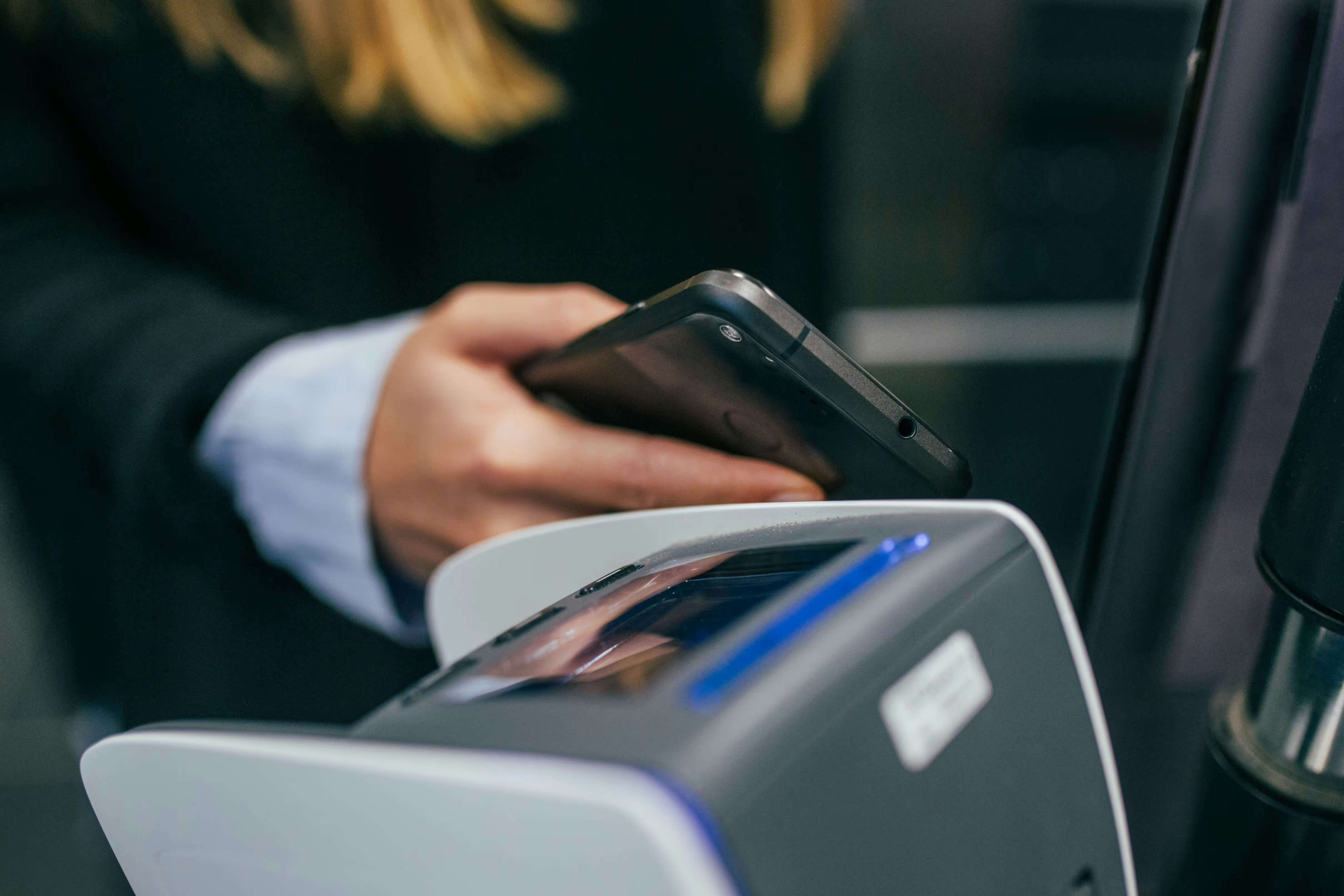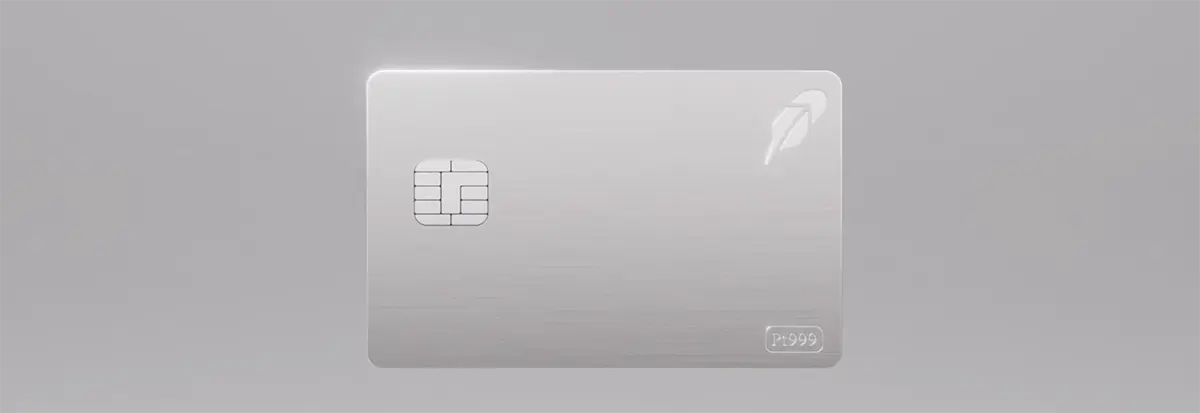
Kudos has partnered with CardRatings and Red Ventures for our coverage of credit card products. Kudos, CardRatings, and Red Ventures may receive a commission from card issuers. Kudos may receive commission from card issuers. Some of the card offers that appear on Kudos are from advertisers and may impact how and where card products appear on the site. Kudos tries to include as many card companies and offers as we are aware of, including offers from issuers that don't pay us, but we may not cover all card companies or all available card offers. You don't have to use our links, but we're grateful when you do!
Does Paying Your Minimum Affect Your Credit Score?
July 1, 2025


Quick Answers
Making the minimum payment on time prevents late payment reports, thus protecting the most influential factor of your credit score: your payment history.
However, only paying the minimum causes your balance to grow, which increases your credit utilization ratio and can lower your overall score.
While it keeps your account in good standing, this approach accrues significant interest, making it a far more expensive way to manage debt in the long run.
What Is Paying My Minimum?
The minimum payment is the smallest amount your credit card issuer requires you to pay on your bill each month to keep your account current. This figure is typically calculated as a small percentage of your outstanding balance plus any accrued interest and fees. Submitting this payment by the due date prevents your account from becoming delinquent and helps you avoid late penalties.
Consistently making at least the minimum payment is reported to credit bureaus and contributes to a positive payment history. This history is a significant factor that helps build and maintain your credit score over time. The remaining balance also contributes to your credit utilization ratio, which is another key element that credit scoring models evaluate.
How Paying Only the Minimum Could Affect Your Credit Score
While making the minimum payment keeps your account in good standing, it can trigger a chain reaction that hurts your credit. Here’s how this slow-burn damage can unfold over time.
- Your Payment History Stays Positive (At First): Making consistent, on-time minimum payments prevents the most severe credit score damage, which comes from late or missed payments. This is the initial, misleading upside.
- Your Balance Stagnates: Minimum payments are mostly applied to interest, not your principal balance. This means your debt decreases at a glacial pace, or may even grow, keeping your overall debt level high.
- Credit Utilization Rises: As your balance remains high relative to your credit limit, your credit utilization ratio (CUR) increases. A CUR above 30% is a red flag for lenders and can significantly lower your score.
- Interest Charges Compound: A high balance means you pay more in interest each month. This creates a costly cycle where it becomes progressively harder to make a dent in the actual debt you owe.
- Risk of Missed Payments Grows: Over time, a swelling balance can make even the minimum payment unaffordable. This increases the chance of a future late payment, which would directly and severely damage your credit score.
How Much Will Paying Your Minimum Affect Your Credit Score?
Paying only the minimum on your credit card has several direct and indirect effects on your credit score. Here are a few key factors to consider.
- Credit Utilization Ratio. This ratio compares your credit card balances to your total credit limits. Making only minimum payments keeps your balance high, which can negatively impact your score by increasing this ratio.
- Payment History. Consistently paying on time, even just the minimum, helps build a positive payment history. However, it won't help you reduce your overall debt, which is also a factor lenders consider.
- Overall Debt Load. While not a direct part of your score, lenders review your total debt when you apply for new credit. High balances from minimum payments can make you appear riskier, affecting future credit approvals.
How You Can Avoid Paying Your Minimum Without Affecting Your Credit Score
Pay More Than the Minimum
Paying only the minimum extends your debt and increases interest costs. To protect your credit, always try to pay more. The best strategy is to clear your entire statement balance monthly, which prevents interest charges and positively impacts your credit utilization ratio.
Contact Your Creditor
If you're facing financial difficulty, reach out to your lender immediately. Many offer hardship programs that can temporarily reduce your payments or interest rate. This proactive step can help you avoid missed payments and protect your credit score while you get back on track.
Explore Debt Consolidation
Consider consolidating your high-interest credit card debt into a single personal loan with a lower interest rate. This simplifies payments and can make your debt more manageable. A lower rate means more of your payment goes toward the principal, helping you pay it off faster.
Ways to Improve Your Credit Score
Improving your credit score is a crucial part of your financial life and is always possible with consistent effort. Whether you have a FICO® score or VantageScore, there are proven methods to boost your creditworthiness over time.
- Monitor Your Credit Reports: Obtain free reports from all three major bureaus to identify and dispute inaccuracies. Regular monitoring helps you track progress and detect potential identity theft early.
- Establish Automatic Payments: Set up automatic bill payments or reminders to ensure you never miss a due date. Your payment history is the most significant factor in your credit score.
- Reduce Credit Utilization: Keep your credit utilization ratio below 30% by paying down balances or requesting a credit limit increase. This shows lenders you are not over-reliant on credit.
- Become an Authorized User: Ask to be added as an authorized user on a credit card account that has a strong payment history and low utilization. This allows you to benefit from the primary cardholder's good credit habits.
- Limit Hard Inquiries: Avoid applying for too many new credit accounts in a short period. When shopping for a loan, do so within a 14-30 day window to minimize the impact on your score.
- Diversify Your Credit Mix: Maintain a healthy variety of credit accounts, such as installment loans and revolving credit. Lenders prefer to see that you can responsibly manage different kinds of debt.
The Bottom Line
Making timely minimum payments avoids late fees and negative marks on your credit report. However, the remaining balance contributes to your credit utilization, which can impact your overall credit score.
Frequently Asked Questions
Does paying only the minimum payment hurt my credit score?
Not directly. An on-time minimum payment is still a timely payment. However, it can lead to a higher credit utilization ratio, which can lower your score over time.
How does paying the minimum affect my credit utilization?
Paying the minimum means your balance decreases very slowly. This keeps your credit utilization high, a significant factor that can negatively impact your credit score.
Is it better to pay the minimum than to miss a payment?
Absolutely. A missed payment is far more damaging to your credit history and score than carrying a high balance from only making minimum payments.
Unlock your extra benefits when you become a Kudos member

Turn your online shopping into even more rewards

Join over 400,000 members simplifying their finances

Editorial Disclosure: Opinions expressed here are those of Kudos alone, not those of any bank, credit card issuer, hotel, airline, or other entity. This content has not been reviewed, approved or otherwise endorsed by any of the entities included within the post.



































.webp)







